When combined, these two innocent words can start an argument if said to the right person.
I use these words. I will also say Merry Christmas or Happy Hanukkah if I know someone who celebrates those holidays. Otherwise, I say, Happy Holidays.
I don’t use this phrase to ignore any one holiday or because I want to be politically correct. I wish people Happy Holidays because I don’t necessarily know what holiday(s) they hold dear. I also don’t always know why they celebrate a specific holiday. I want to make space for whatever the other person celebrates. I say this to be inclusive of other beliefs beyond my own.
Jesus is not the only reason for the season.
I celebrate three days over the holiday season, all for different reasons.
I celebrate Christmas, but not for the reasons many do. I don’t believe in the divinity of Jesus. I believe he was a prophet who taught love. I believe Jesus was more interested in his followers living as he taught than in them worshiping him as a God. I also don’t believe his divinity status changes his message: Love one another. (John 13:34, John 15:12) I celebrate Christmas because I see it as a celebration of love, not as the birthday of the man some consider the Son of God. I have no issue with those who celebrate Christmas as Christ’s birthday; I am just not one of them.
I make space for the Christian reason for the season (i.e. belief). I wish I could count on them to make space for mine.
I also celebrate the winter solstice. It’s a turning of the year and a return of the light. The amount of daylight will slowly begin to lengthen after the winter solstice. Living in Minnesota, where we have under 9 hours of daylight by December 21, that’s something to celebrate. I honor this day as a time of hope – hope that the light is coming.
I honor the time of Yule between December 21 and January 1. This is the original reason for the season, long before Christians claimed December 25 as Christ’s birthday. This is where the Christmas tree, Santa Claus, The Twelve Days of Christmas, and even the phrase Yuletide originate. These are all pagan and Norse traditions reappropriated to be part of the “Christmas season.”
I also celebrate the turning of the calendar year on January 1. I love the rebirth that comes with a new year. It provides a fresh start, a chance to grow, and an opportunity to heal from the past. I use this holiday to reflect on the old year and prepare for the new one.
No one person or religion has claim alone to the season. We really don’t know when Jesus was born. There are many stories about why Christians celebrate his birthday on December 25. One is that it was based on his supposed conception and the idea that people died on the same day they were conceived. A second is that it overlaid the pagan solstice celebration, so the sun’s return became the birth of the son (of God). Jesus’s birth wasn’t celebrated by Christians until about 200A.D., when it was celebrated by some on January 6 (Epiphany). One to two-hundred years later that it was celebrated on December 25. It took a while for the eastern and western Christian churches to agree on a day to celebrate. A third reason is that the shift from January 6 to December 25 allowed Christians to convert some of the pagans because the holidays overlapped and honored the sun/son.
In reality, no one really knows why Christmas is celebrated on December 25. The ideas I summarized in the previous paragraph are just hypotheses. One thing can be said with a great deal of certainty: it is very unlikely Jesus was born on December 25. There are no records stating his date of birth. If you do the math (and I did), there is a 99.726% chance he was born on one of the other 364 days of the year. A 99.727% chance if he was born in a leap year. December 25 is an ordinary day made special because someone said so…just like every other holiday in the year.
According to Today.com, there are many holidays in December and early January. No one has a monopoly over this season. Rather than be territorial, let’s honor that the holiday season is celebrated by each of us for many different reasons.
There is enough space in the season for all of our beliefs and celebrations. There is enough space for a multitude of reasons for the season.
References
Deering, S., Garrity, A. (2022, September 1). Here’s the full list of December holidays and observances in 2022. Today.com. https://www.today.com/life/holidays/december-holidays-and-observances-rcna43152
Pruitt, S. (2019, December 3). Why is Christmas Celebrated on December 25?. History.com. https://www.history.com/news/why-is-christmas-celebrated-on-december-25
Strauss, V. (2015, December 25). Why is Christmas on December 25? A brief history lesson that may surprise you. The Washington Post. https://www.washingtonpost.com/news/answer-sheet/wp/2015/12/25/why-is-christmas-on-dec-25-a-brief-history-lesson-that-may-surprise-you/

